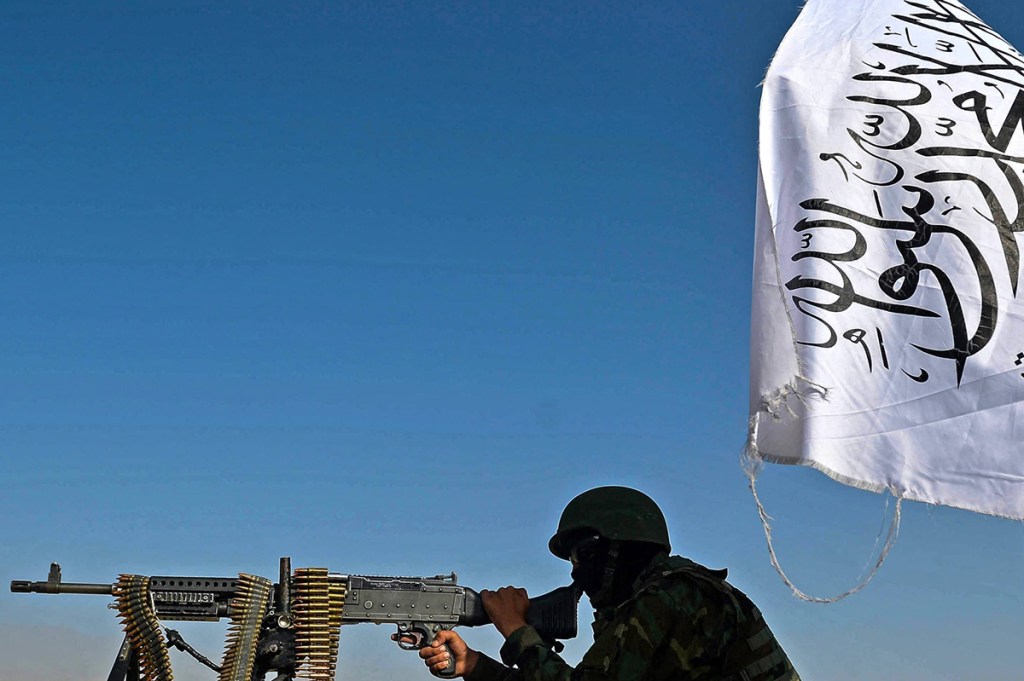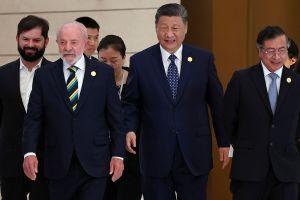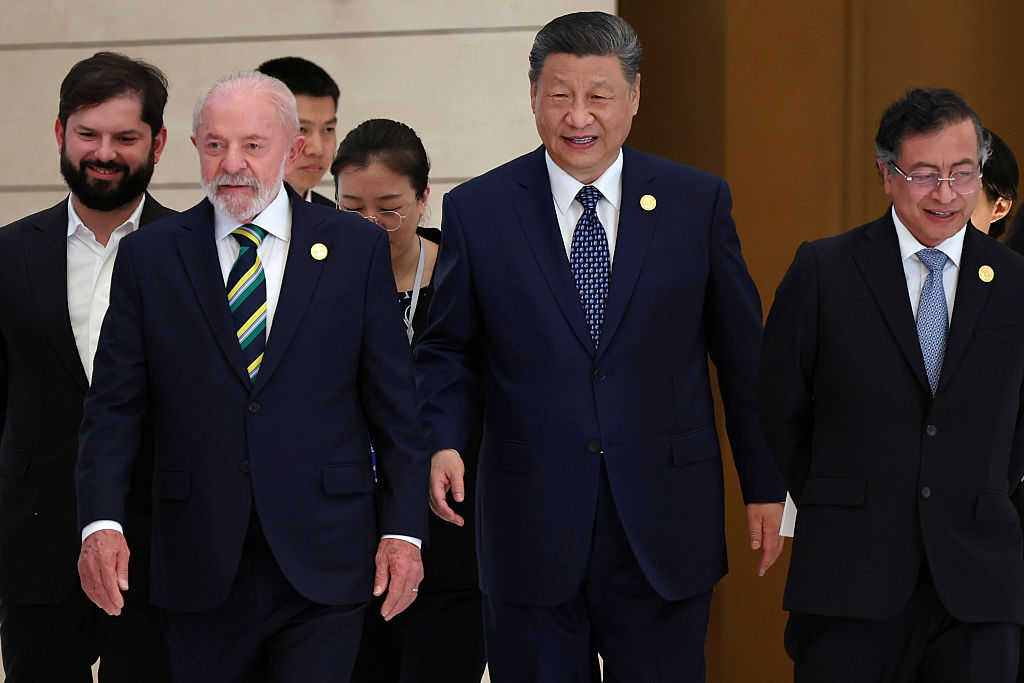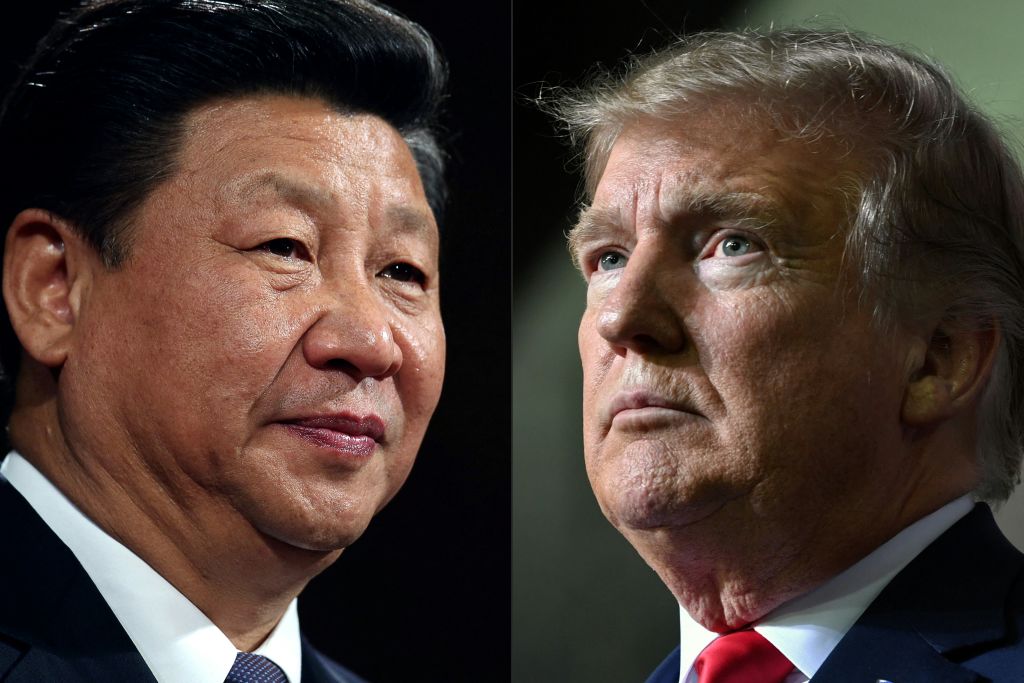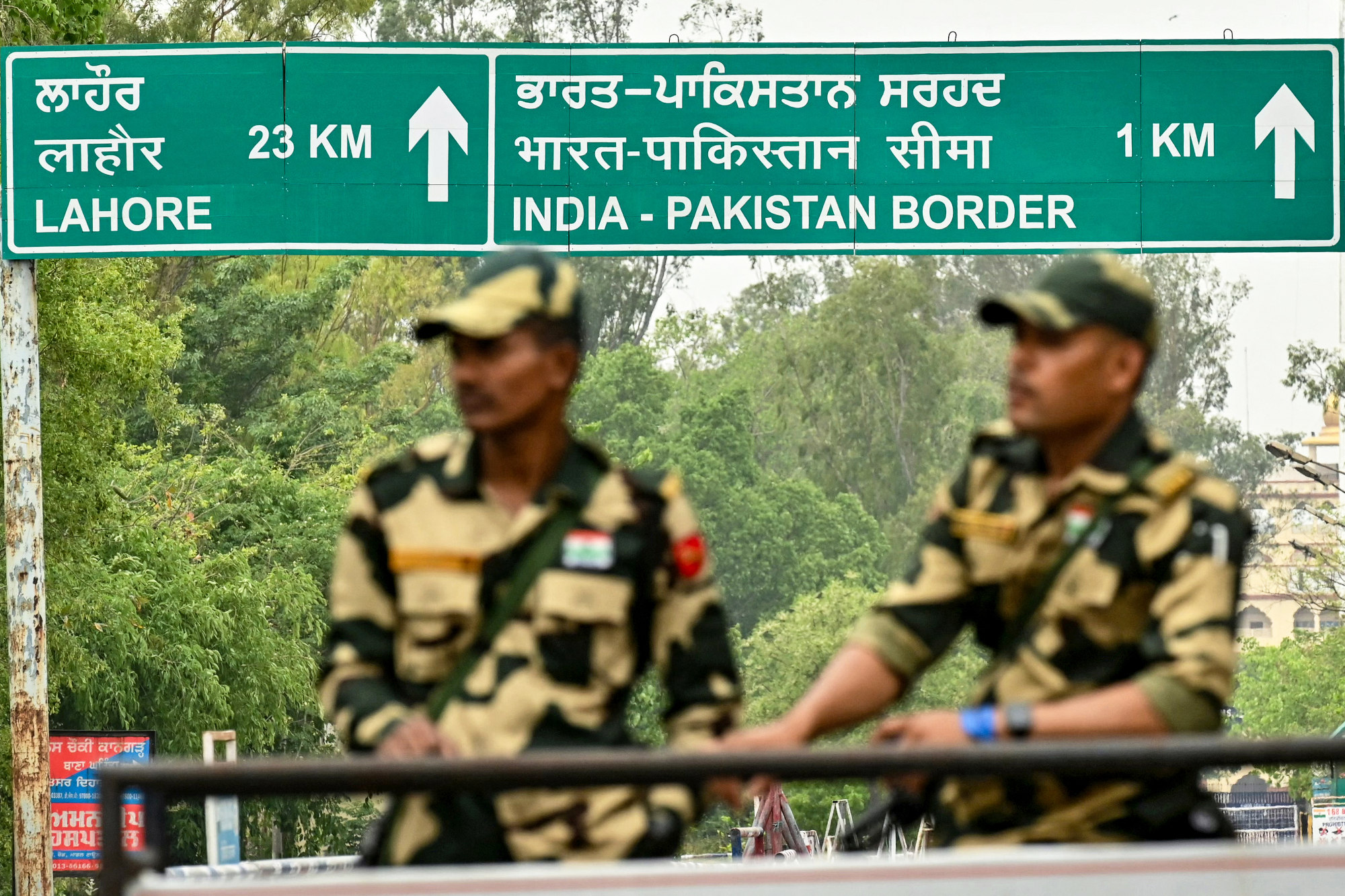China is seeking a grand bargain from the Taliban: eliminate the groups Beijing says are stirring up trouble among its Muslim Uighurs in exchange for massive aid to rebuild Afghanistan. It sounds enticing for both sides as they sit down in Doha this week, but there are numerous questions about whether either can deliver, and a good chance that China will become the next imperial power sucked into the “graveyard of empires.”
Mullah Abdul Ghani Baradar, the Taliban’s deputy prime minister, and Wang Li, China’s foreign minister, are reportedly meeting in the capital of Qatar just as the Taliban faces a growing number of attacks from ISIS-K, a provincial affiliate of Islamic State. Baradar is insisting that the security situation is “under control.”
Beijing gleefully welcomed America’s chaotic retreat from Afghanistan and the Taliban seizure of power, but that has quickly been replaced by trepidation at the threat of instability on its doorstep. The humbling of the United States in Afghanistan fitted nicely into the Chinese narrative of American decline and enabled Beijing to pile pressure on Taiwan, depicting Washington as an unreliable ally.
Yet Beijing was a major beneficiary of the stabilizing presence of the US in Afghanistan — now it is trying to come to terms with its unpredictable new neighbor. China’s biggest fear is a spillover of radicalism into Xinjiang, which shares a narrow border with Afghanistan. The repression of the Uighur people has been labeled as genocide by the United States and many other western powers. Beijing wants the Taliban to cut ties with the East Turkistan Liberation Movement, which Beijing blames for attacks in Xinjiang (which the Uighurs call East Turkistan).
Many Uighurs, including some militants, have sought refuge in Afghanistan. But most independent observers believe their number and influence is exaggerated by Beijing, which uses a very wide definition of terrorism to justify its clampdown. The repression of the Uighurs is by any measure the most egregious assault on Muslims in the world today. China is engaged in the mass incarceration of more than a million in ‘re-education camps’, carrying out well-documented cases of torture, forced labor and forced sterilizations — and all facilitated by a claustrophobic system of hi-tech surveillance.
Foreign minister Wang is hoping that in spite of the repression in Xinjiang, a grim pragmatism will prevail, and the Taliban will fall into China’s arms. The Afghan economy is shattered. Some $9 billion of central bank reserves has been frozen by Washington and there are few other sources of investment. Wang reportedly told Baradar in Doha that Afghanistan is ‘facing a historic opportunity to achieve reconciliation and advance national reconstruction’. That is a big ask of an Islamist movement, and any compromise by the Taliban with Beijing may drive more fighters into the arms of ISIS-K.
Beijing is holding out the promise of investment as part of its Belt and Road Initiative, which has become an umbrella for China’s attempts to remake the international order in its image. A priority is likely to be the development of the world’s second-largest copper mine, 19 miles southeast of Kabul. China has a contract for the mine, but the project stalled thanks to security concerns. The country also sits on mineral deposits worth an estimated $1 trillion, including the world’s biggest deposit of lithium, an essential component of the rechargeable batteries that will supposedly power our green future — quite a prize, if the country can ever be stabilized.
But that is a big if. Neighboring Pakistan is the biggest recipient of Belt and Road funds, having pocketed an estimated 62 billion for roads, railways, ports and other infrastructure. Chinese diplomats talk of Afghanistan becoming an extension of these projects. They are encouraged by Pakistan’s prime minister Imran Khan, who has kept quiet about Xinjiang after Chinese largesse.
But Pakistan itself has been plagued by religious extremism and occasional violence. Earlier this year nine Chinese engineers working on a dam project were killed in a bus explosion in the Kohistan district of Pakistan, and the country is still a good deal more stable than Afghanistan.
China is approaching its negotiations in Doha with the same hard-nosed assessment of interests that drives its global expansion elsewhere. It has no issue with cozying up to odious regimes, as the invitation to Syria to join the Belt and Road testifies. If cash inducements do not work, it does raise the question of whether chaos in Afghanistan could lead to the involvement of Chinese security forces. Beijing already deploys what have been described as private security contractors to protect its projects in Pakistan, though these groups are far more closely linked to the state that is the case with western contractors. Either way, a potential quagmire in Afghanistan beckons.
This article was originally published on The Spectator’s UK website.



